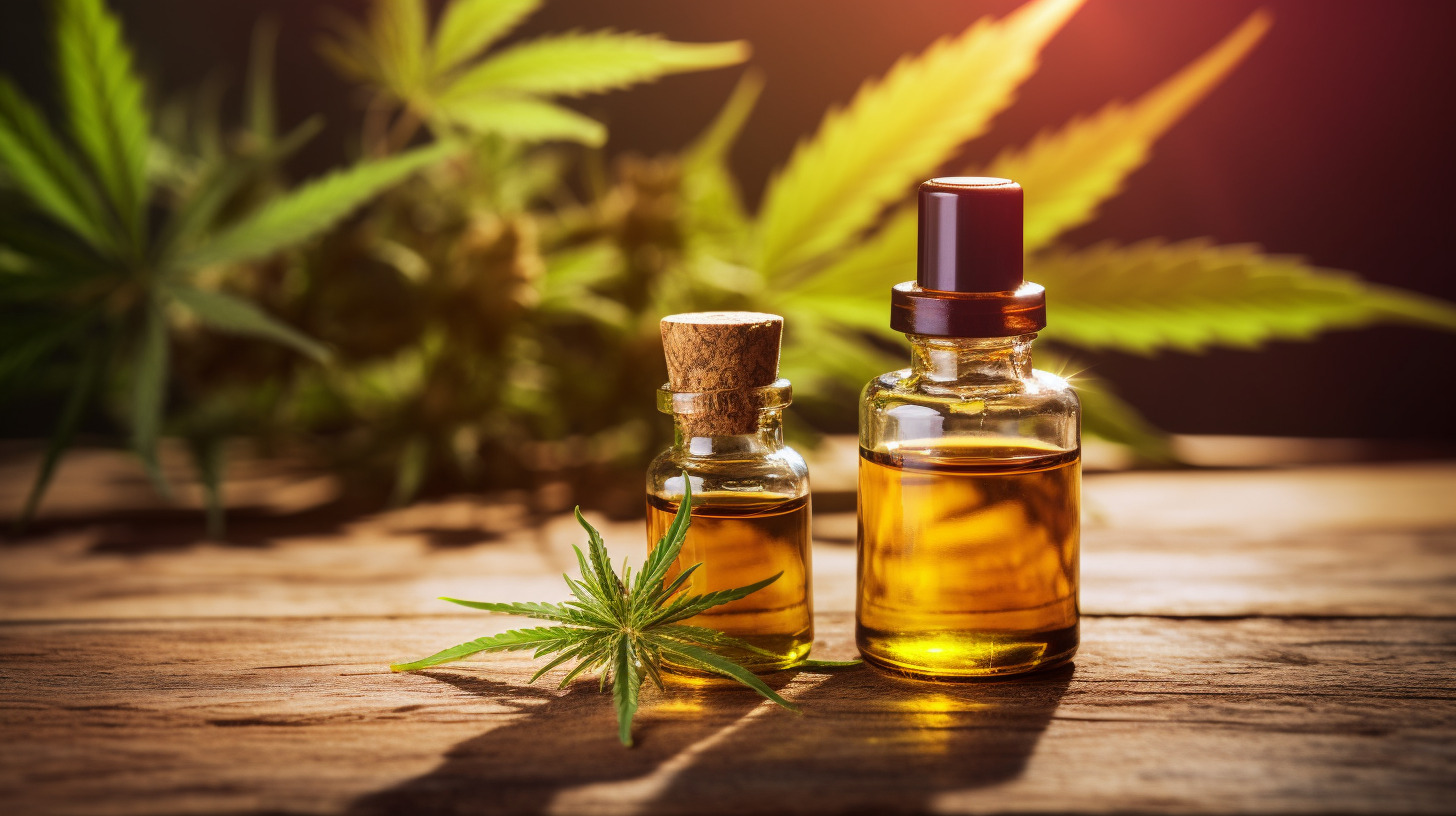
What Is CBG Oil?
If you’re looking for a comprehensive, natural solution to tackle inflammation and its debilitating effects, you’re in the right place. Welcome to the new era
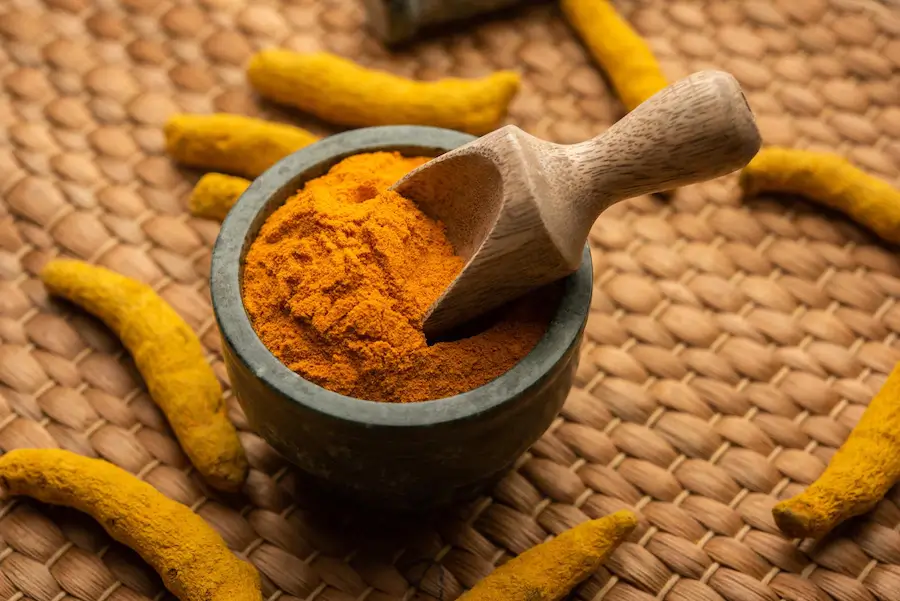
Turmeric, also known as Indian saffron, is a plant native to Asia and Central America. Its root is used to make turmeric powder, which is commonly used as a spice. Turmeric powder is one of the main ingredients in curry powder, but it is also used as a coloring agent due to its bright yellow, golden color. Turmeric products available in the market include capsules, teas, powders, and extracts.
Turmeric comes from the root of the Curcuma longa plant, which belongs to the ginger family. It is most commonly encountered in the form of powder, but when freshly bought, turmeric root looks similar to ginger, only with a much more intense yellowish-golden color. In India, turmeric is used in Ayurvedic medicine for the treatment of skin diseases, digestive problems, and pain.
Turmeric contains various plant compounds, with the group of curcuminoids being the most well-known. This group includes curcumin, demethoxycurcumin, and bisdemethoxycurcumin. Curcumin, which is the most active component of turmeric, has been the subject of numerous studies in recent decades.
The potential effects of turmeric have motivated many researchers to study this fascinating plant.
These statements have not been evaluated by the Food and Drug Administration. These products/services are not intended to diagnose, treat, cure, or prevent any disease.

If you’re looking for a comprehensive, natural solution to tackle inflammation and its debilitating effects, you’re in the right place. Welcome to the new era

The Invisible Enemy Within You wake up feeling groggy, your joints ache, and that old neck pain seems to have returned. No, it’s not just

CBG oil has been creating waves in the health and wellness industry, and for good reasons. But with any health trend, it’s crucial to separate
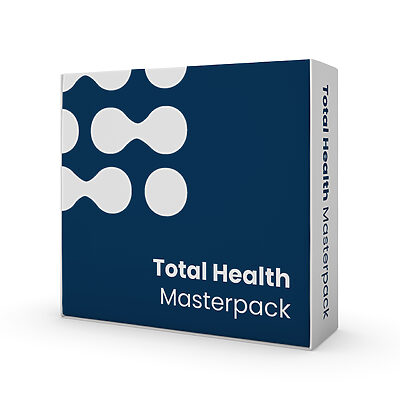
In stock | Free shipping
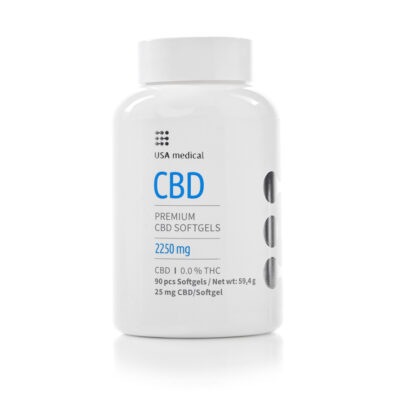
In stock | Free shipping
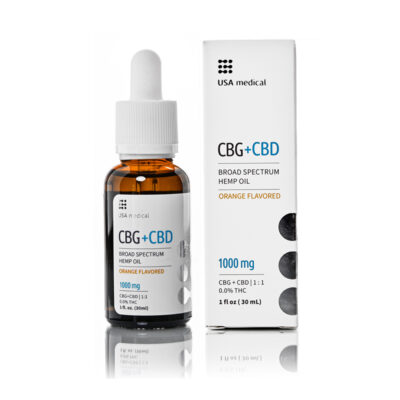
In stock | Free shipping
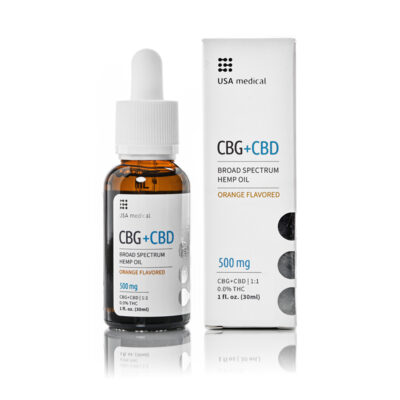
In stock | Free shipping
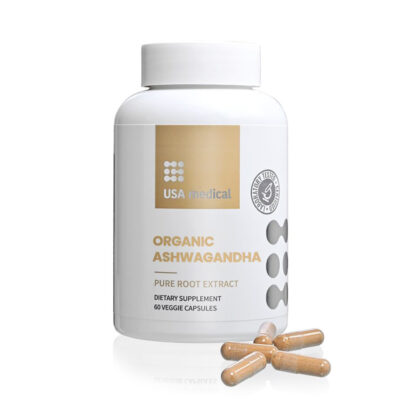
In stock | Free shipping
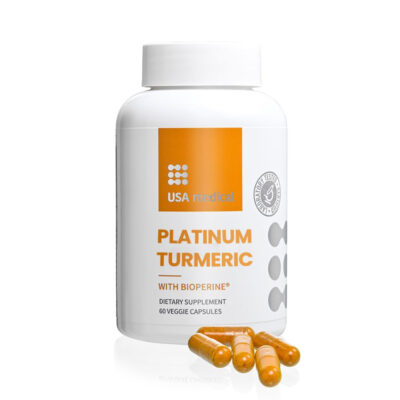
In stock | Free shipping
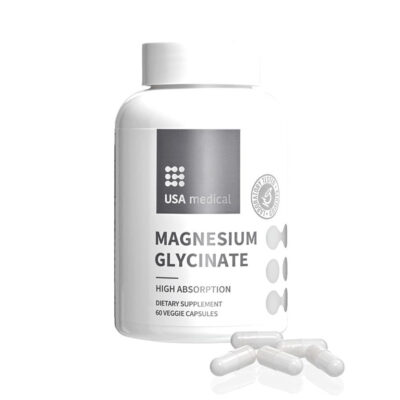
In stock | Free shipping
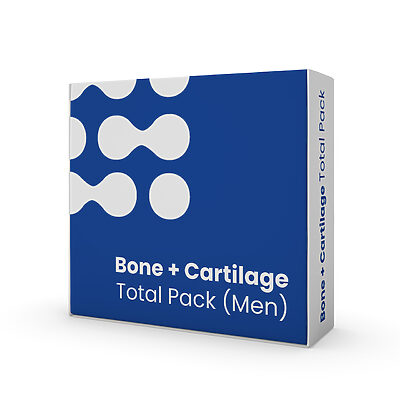
In stock | Free shipping
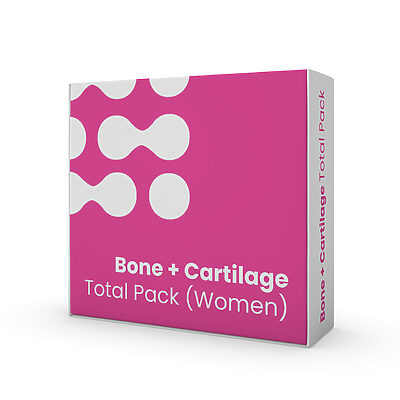
In stock | Free shipping
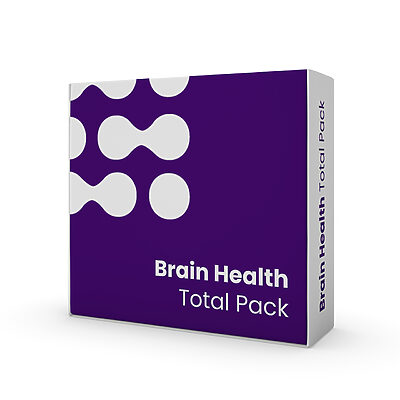
In stock | Free shipping
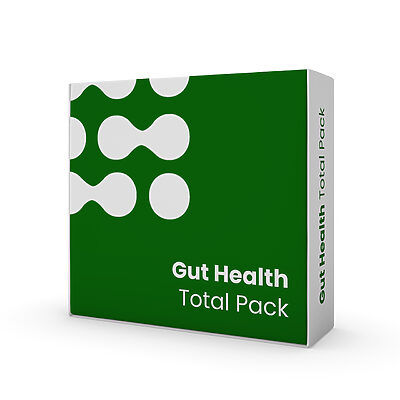
In stock | Free shipping
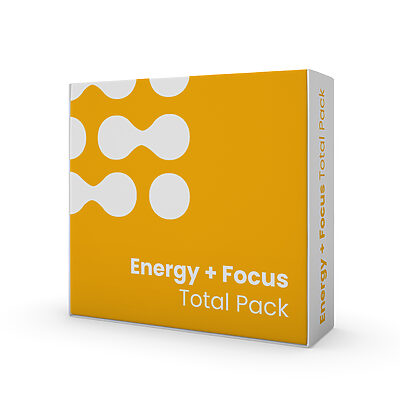
In stock | Free shipping
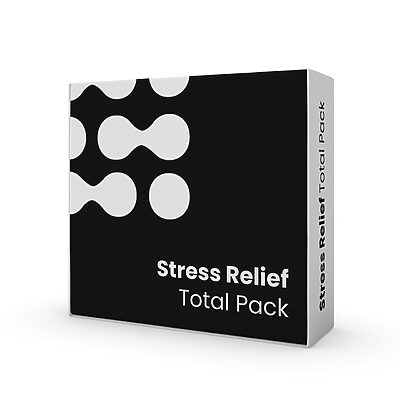
In stock | Free shipping
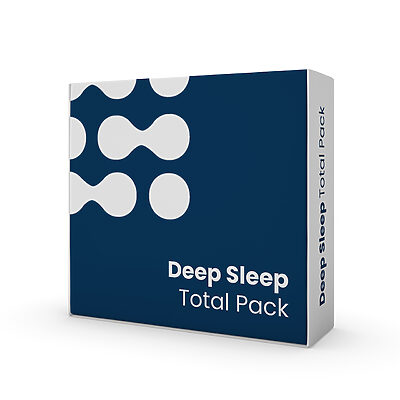
In stock | Free shipping
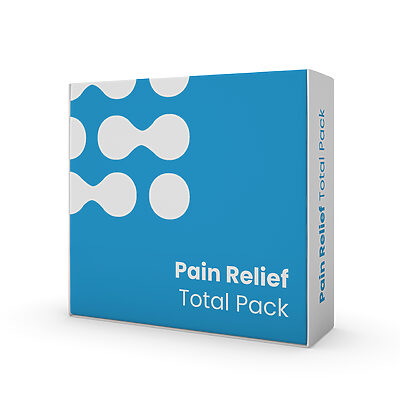
In stock | Free shipping